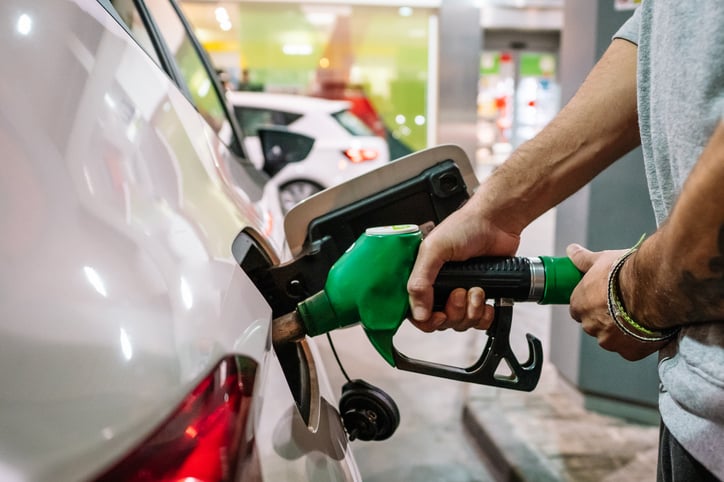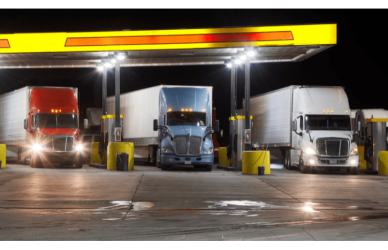BMW AG is exploring the potential of hydrogen fuel, seeing an opportunity to use existing infrastructure for trucks as a cost-effective way to make this alternative energy source accessible for cars.
BMW is pushing forward with plans for hydrogen-powered vehicles, even as electric cars become more popular. Last year saw the start of production of fuel cell systems for a trial fleet and CEO Oliver Zipse believes this zero-emission technology could be embraced by up to 30% of customers who are looking for environmentally friendly travel options.
“The key is to build combined hydrogen gas stations for passenger cars and trucks,” Jürgen Guldner, who leads BMW’s hydrogen technology program, said in an interview. “It’s much easier to set up hydrogen stations for larger truck fleets as logistics operators already show interest in this.”
Despite challenges, BMW stands firm on their commitment to pushing this decades-old tech forward and mainstreaming it for passenger cars. However, Mercedes-Benz AG decided to pull back its hydrogen fuel vehicles to focus on battery-powered cars.
Last year, global investment in hydrogen fuel cell technology lagged far behind that of electric vehicles (EVs), with just $2 billion spent on the former versus over $24 billion for EV charging infrastructure. While EVs continue to dominate headlines and draw investments, this disparity may soon shift as more governments adopt policies promoting clean energy solutions like hydrogen power.
Volvo AB and Daimler Truck Holding AG united forces in 2021 to develop innovative hydrogen truck technology for a more cost-effective solution. With carmakers anticipated to join the initiative, this cutting-edge project has been projected to reach new heights by 2025 when fuel cell production begins. Hydrogen infrastructure is likely to take off at an accelerated pace due these developments.
“The more we are who can unite around this network, the faster it will happen,” Volvo CEO Martin Lundstedt said. “It will probably be similar to what we see in the case of diesel. There you have coordination and piggy-backing even if there are specific pumps and such.”
For more than a decade, BMW has been developing hydrogen-powered vehicles in collaboration with Toyota Motor Corp., and their efforts have culminated into the recently revealed iX5 test fleet. Now, thanks to plans for hydrogen trucks that utilize most of the same components as passenger cars do, development is primed for further advancement.
BMW began producing fuel cells for a limited fleet of hydrogen-powered iX5 SUVs last August as part of an ambitious two-year test in the US, Europe and Asia. With CEO Zipse viewing battery charging infrastructure obstacles potentially hindering longer journeys, hydrogen cars may be the future preferred option for drivers wanting to go farther with ease.
Amidst a shifting climate of electric-vehicle production, BMW is taking a novel approach and pursuing what some experts consider an outsider strategy by investing in hydrogen power. However, to bring the cost down for mass-market manufacturing may yet remain unclear due to economic pressures.
“Currently, our hydrogen tanks have a large diameter,” he said, which wouldn’t fit into vehicles made on the “Neue Klasse” vehicle architecture. “We’d need to shrink hydrogen tank cylinder diameters considerably to fit them.”
Source: ttnews








